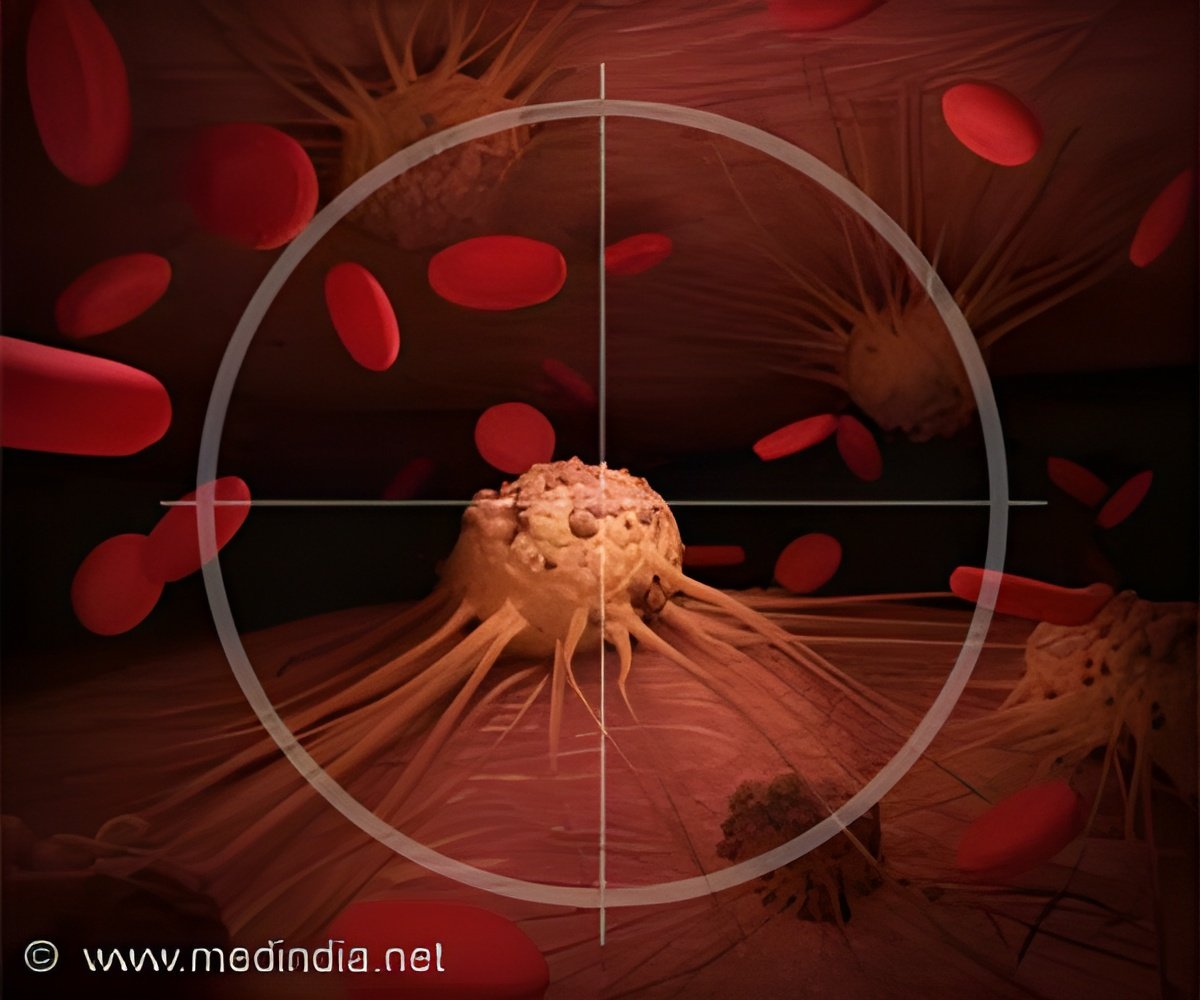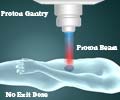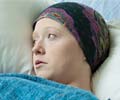Hyperspectral imaging technology which is used to map the universe shows promise for more accurately and quickly recognizing cancer cells in the operating room.

‘Hyperspectral imaging is noninvasive, portable technology which can help surgeons better detect cancer during surgery to reduce operating time and lower medical costs.
’





Fei, professor of bioengineering and the Cecil H. and Ida Green Chair in Systems Biology Science in the Erik Jonsson School of Engineering and Computer Science, recently received a $1.6 million grant from the Cancer Prevention & Research Institute of Texas (CPRIT) to further develop the technology, called a smart surgical microscope.Once developed, the technique would need to be tested in clinical studies before it could be used in operating rooms.
"We hope that this technology can help surgeons better detect cancer during surgery, reduce operating time, lower medical costs and save lives," Fei said. "Hyperspectral imaging is noninvasive, portable, and does not require radiation or a contrast agent."
From Satellites to Medicine
Currently, pathologists analyze tissue samples from a patient who is undergoing cancer surgery and still under anesthesia in a process called intraoperative frozen section analysis. Several resections may be needed during a procedure as surgeons try to reach tissue with clear, or noncancerous, margins. In some cases, cancer cells cannot be sampled or detected during surgery, resulting in additional surgery.
Advertisement
Fei said the CPRIT grant would support his research group's ongoing efforts to "train" the microscope to recognize cancer with the help of images of cancerous and noncancerous cells in an extensive database. "If we have a large database that knows what is normal tissue and what is cancerous tissue, then we can train our system to learn the features of the spectra," Fei said. "Once it's trained, the smart device can predict whether a new sample is a cancerous tissue or not. That's how machine learning can help with a cancer diagnosis."
Advertisement
Less time in the operating room also could decrease risks for patients because they would not need to spend as much time under anesthesia.
Cancer Research at UTD
CPRIT has awarded $2.4 billion in grants to Texas research institutions and organizations since the institute was formed in 2008. Including Fei's new award, 11 UT Dallas researchers have received 17 CPRIT grants totaling more than $14.6 million.
"We hope that this technology can help surgeons better detect cancer during surgery, reduce operating time, lower medical costs, and save lives."
Dr. Baowei Fei, the Cecil H. and Ida Green Chair in Systems Biology Science in the Erik Jonsson School of Engineering and Computer Science
Recent grants to UT Dallas have supported the establishment of a small-animal imaging facility and separate research to develop a noninvasive imaging technique to detect glioblastoma, an aggressive form of brain cancer.
"Dr. Fei is part of a well-established group of UT Dallas faculty who are engaged in state-of-the-art research in cancer detection and therapeutics," said Dr. Joseph Pancrazio, vice president for research and professor of bioengineering at UT Dallas. "He is a nationally recognized leader in biomedical engineering, and we're excited to see how his research on advanced imaging analysis tools will improve outcomes for cancer patients."
Source-Eurekalert















